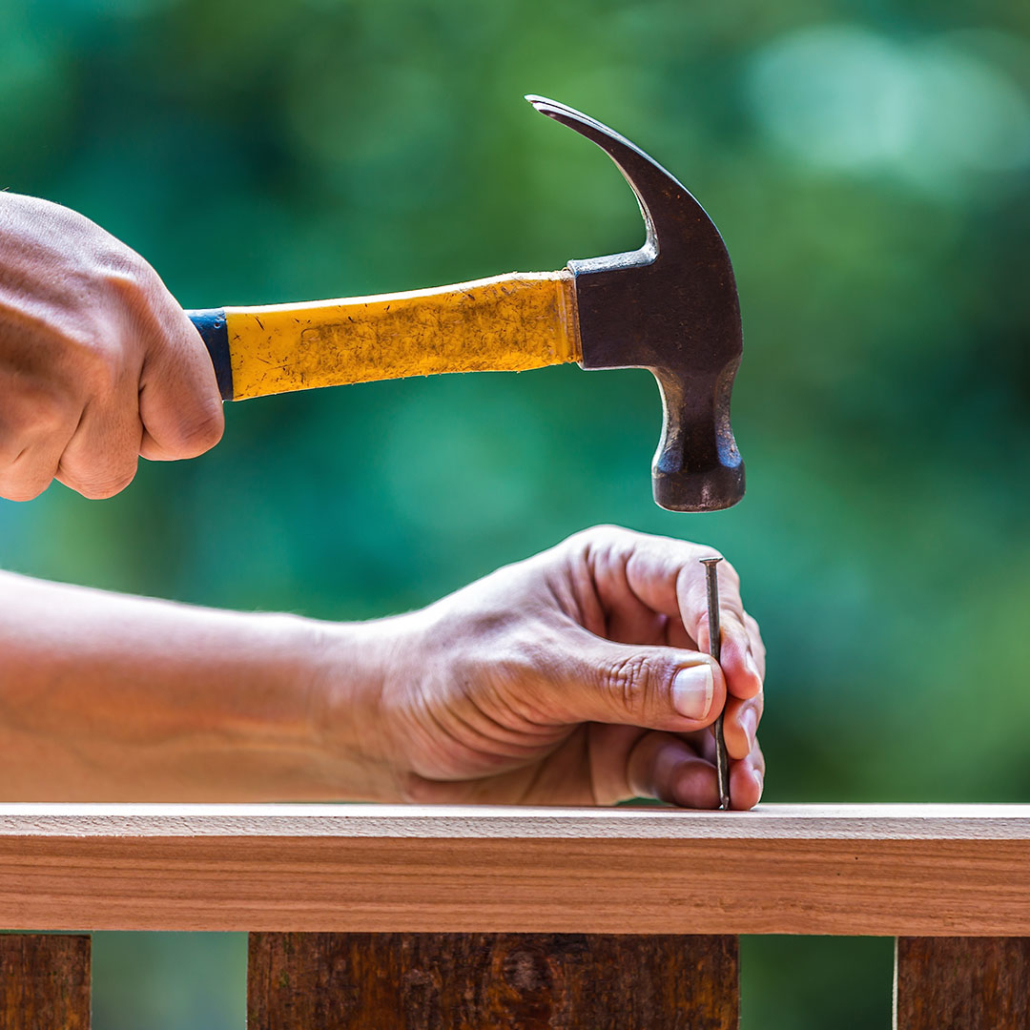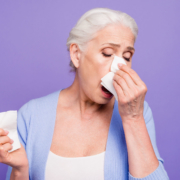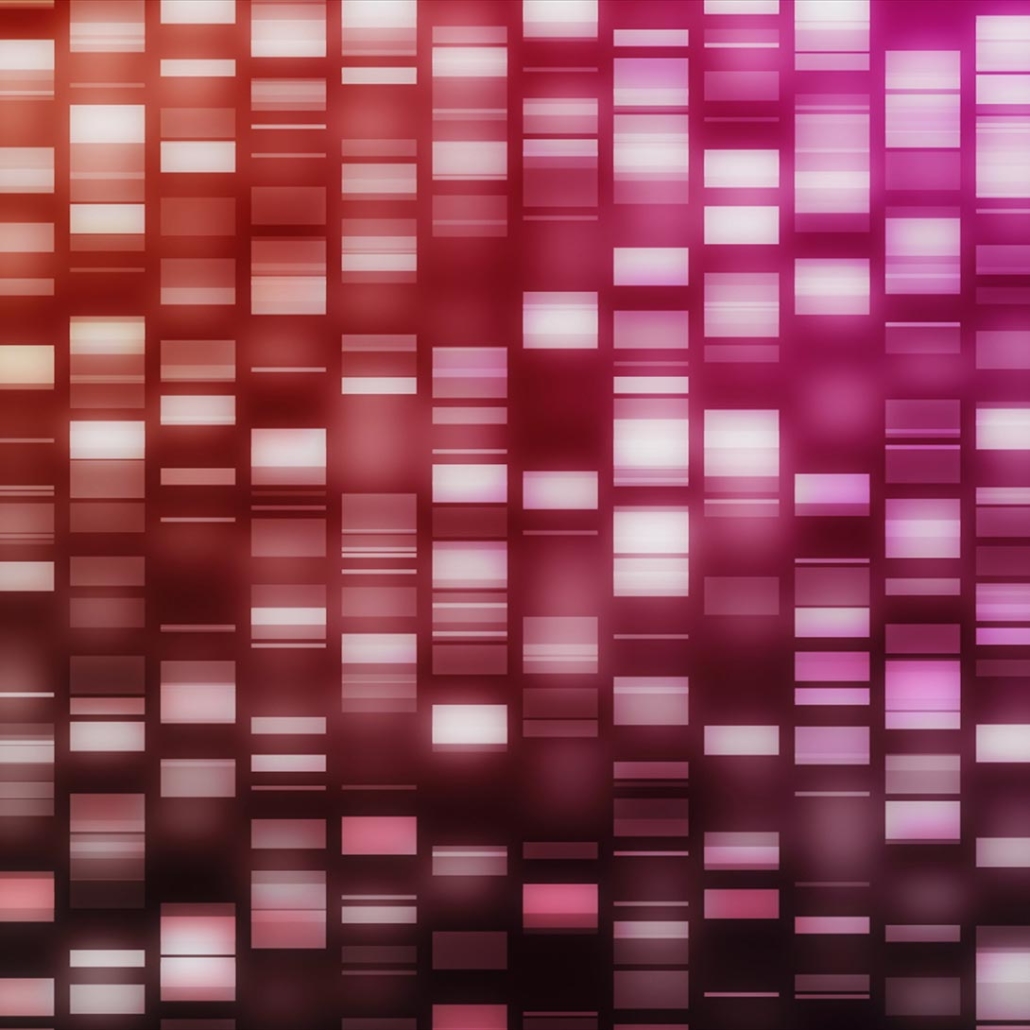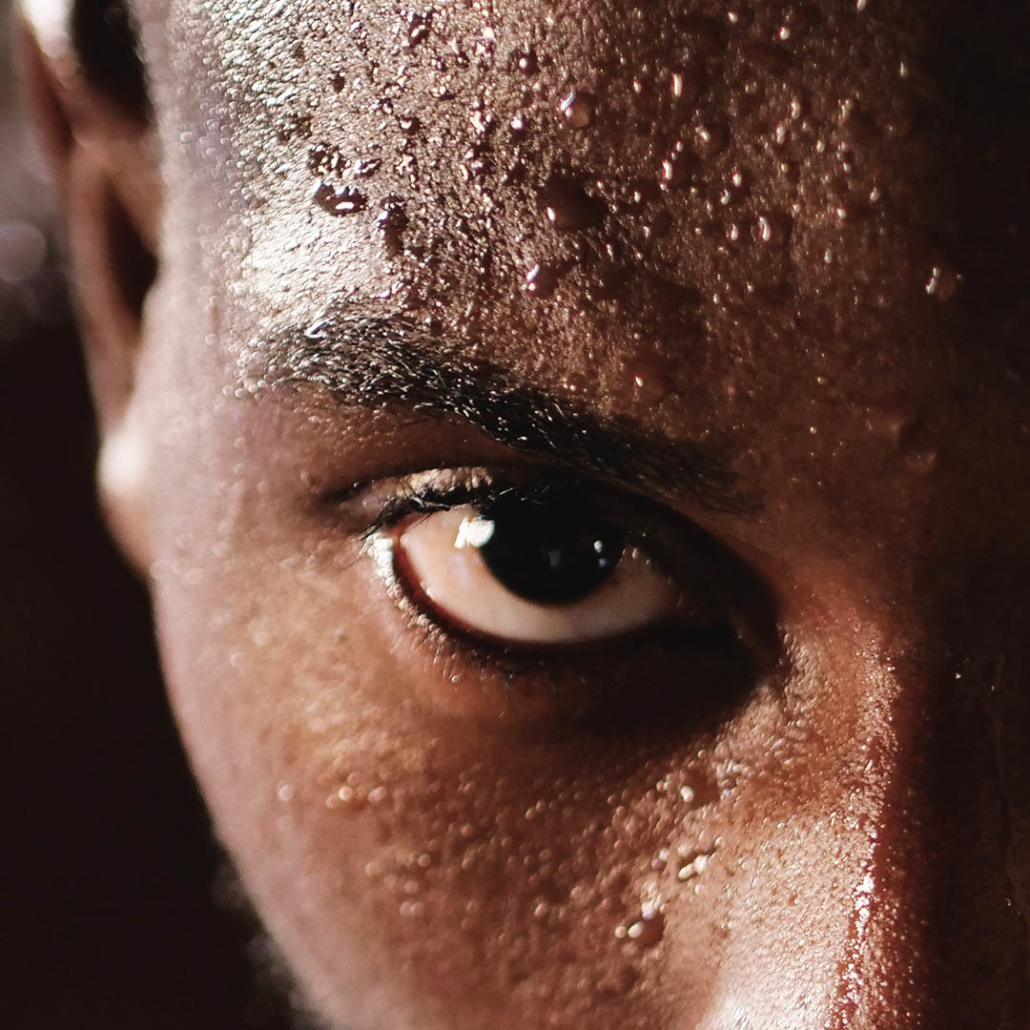Stop Treating Your Symptoms!
Symptoms are not treatable. Yes, you heard me right. Symptoms are not treatable. Why do I say this? Because you can’t treat a leak in your wall by replacing the wall – you need to figure why it’s there in the first place and fix that. Let me explain.
I recently had a water leak problem in my bathroom. One day after a long shower, I noticed that when I stepped on the tiles floors right outside the shower, they made a slight squishing sound. ‘Not good‘ I thought. I called up the superintendent, and the first thing he did was bring in a vacuum to help dry the tiles. They put the nozzle right at the point of grout between the tiles where the most water could be heard making that squishing sound when you stepped on it. A porter held an industrial vacuum at this junction for 15 minutes with very little effect. The tile was still squishing when you stepped on it. Next thing the super did was try and find the cause. He began at the sink, turning it on full blast and looking at the connections under the sink. All looked well. Next, the toilet. He flushed a number of times in a row and inspected the toilet and surrounding area meticulously on his knees, and saw nothing wrong there. So he moved on to the shower – the main suspect now that the other 2 checked out. He turned the shower on, looked at the spigot, the shower head, etc. He finally said that it did not look like anything was wrong, but noticed the caulk where the bathtub met the tiled wall seemed cracked, and water may be seeping in under the tub and settling under the tiles. Didn’t seem like a great explanation, but plausible. So the next day he re-caulked the whole area, and all looked well.
Unfortunately, all was not well. A week later I had a friend stay over and we took back to back showers, and lo-and-behold, the squishing tiles returned. Caulk still perfectly white and intact, but tiles wet underneath. The superintendent seemed a bit baffled, but noticed some minimal water damage near the entrance of the shower, between the bathtub and sink. “Ahhh, it must be that water is leaking around your shower curtain and dripping down the side here” he told me with a proud smile like he was Sherlock Holmes and just cracked the murder case. At this point, I was almost sure he was wrong, but had no other recourse. I bought a plastic shower guard that connects from the edge of the bathtub to the tiled wall where he believed water was leaking around my shower curtain. It was a special extra-large one – not pretty – but I didn’t want to take any chances. We installed it to ensure no water would be leaking from that corner. All seemed well afterwards and whenever I bumped into the super in the hallways, he would gloat and say “I told you it was the water leaking in the corner of that bathtub.” If only it was.

“If your only tool is a hammer then every problem looks like a nail.”
— Abraham Maslow
A few weeks later after a morning shower, I stepped out of the bathtub and the dreaded sound was heard – the squish was back! To make a long story shorter (this isn’t a post on plumbing), the super had to call in a plumber and they had to look behind the walls. Turned out it was a faulty pipe connection. While a simple shower wasn’t enough water leakage to cause the tiles to squish, if someone took a prolonged shower (like 2 in a row) or the neighbor showered at the same time, enough water would leak to cause the squish in the tiles. Over a month after the initial problem and after a good amount of trial-and-error plus a large hole in my bathroom wall, and the problem was solved.
Now, to the point of the leaky pipe case – you cannot solve a problem (faulty water pipe, disease, illness, health issue, etc) without looking at the SOURCE. The squishy tile was a SYMPTOM. When my superintendent treated the symptom with re-caulking and replacing some external parts, he did achieve some relief from the symptoms, but he did not correct the problem. This is the same in medicine and health. If we treat symptoms, we may achieve what we believe is success and those symptoms may diminish or even disappear, but the source problem will still be there and those symptoms will either return at some point, or express themselves in a different way.
In the case above, my super may have continued to treat the symptom and performed “surgery” on the tiles, replaced them with new ones that somehow do not allow water to get under them and will never squish, and that would probably have worked – for a while. Sooner or later, that leaky pipe would continue to leak water, and although the new special tiles wouldn’t squish anymore, the water from the leaky pipe may travel and collect under the wood floors the next room over. Not only would this damage the wood, it may also cause toxic mold, and thus not only call for total replacement of my wood floors, but also for treatment on my new respiratory problem caused by unseen toxic mold spores. Suddenly a little leaky pipe becomes a total home renovation and a trip to the hospital.
We see this all the time in medicine. We try and treat symptoms by suppressing them with drugs, medications and surgery, only to find a completely different illness has arose years later. Normally we don’t correlate the two, and little explanation is given over why this new, usually worst, illness has come up. A patient who treated their hypertension with anti-hypertensive drugs controls their high blood pressure, but after years of using these suppressing drugs they are diagnosed with pancreatic cancer. Everyone reacts differently, so the suppression of a symptom may be completely different case-to-case. But one thing is for sure, you cannot treat symptoms.
Side note: In acute cases, you may be looking to relieve your symptoms with OTC medications. This is fine, but this is not treatment. It’s your immune system that does the treating in your body in acute cases, such as a common cold. It’s always better to have a strong immune system rather than rely on medications that relieve symptoms. The immune system is smart enough to go after the source in a healthy person with an acute case.





